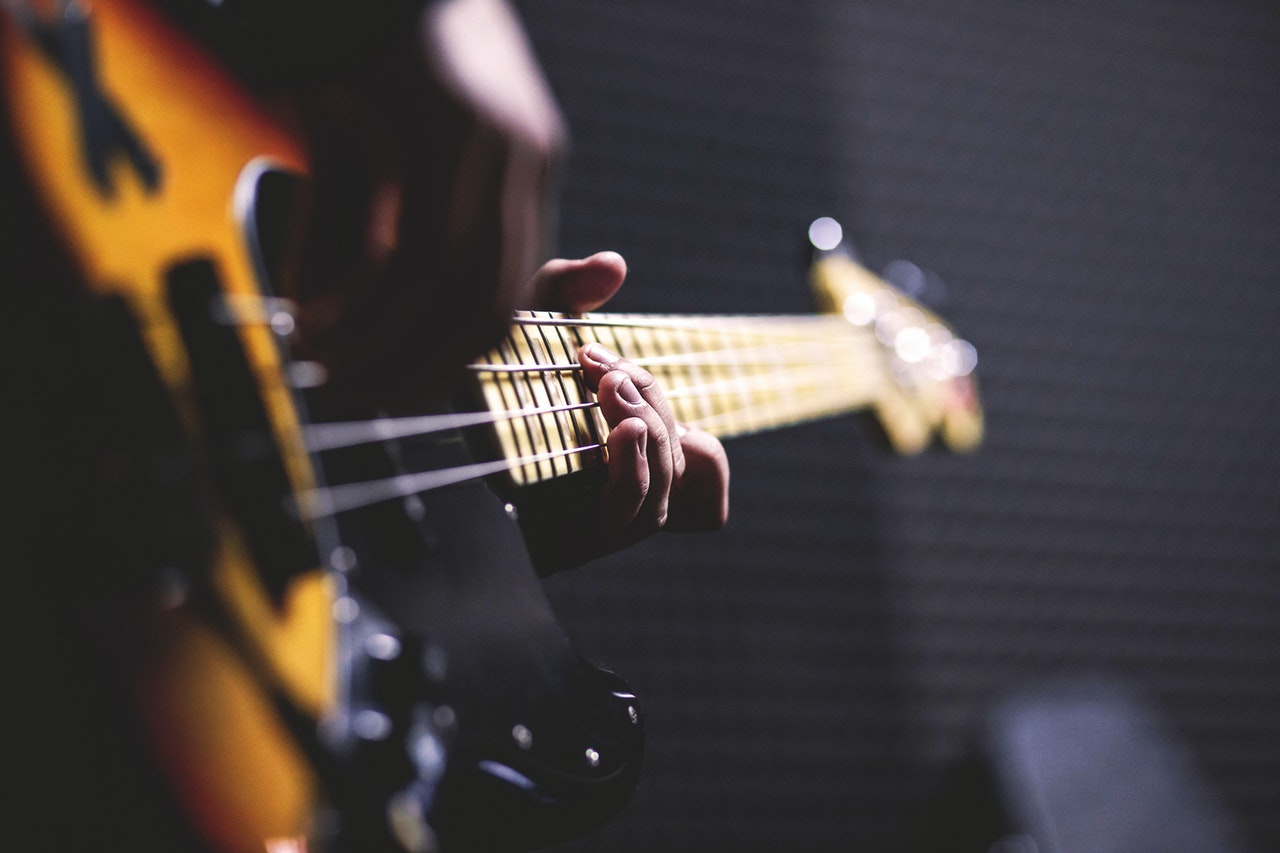American singer-songwriter Marilyn Manson has described music as the strongest form of magic. Music heals our pain, makes us happy and helps us connect to our inner selves. There are over 7,000 languages in the world spoken today, but the language of music is universal. Music binds us in one language- the language of love. Music is not a profession; it is a passion. Music is the expression of emotions that is crafted with love, passion and compassion. When budding musicians commence their journey in the world of music, they require a deep understanding of notes, strains, tones, chords, melody, rhythm, tune, and timbre to produce a good composition. Thus, an aspiring musician can study music performance courses.
Why do you need to study music course?
With the growing time, the music industry is becoming quite challenging. Today’s musicians are all-rounder as they know multiple instruments and understand vocal and instrumental sounds. They even compose songs and manage their own projects. In a nutshell, they are musically literate individuals with an insight into theoretical knowledge as well as practical skills in the area. The music course teaches songwriting, instruments, performance, music producing and music composition. Thus, studying a music course makes you versatile and is vital for long-lasting careers in the industry.
But, do you have what it takes to study music courses?
Qualifications required to study music
The qualification for the music programme is based on the year of specialisation. Like, a few top colleges in London offers full-time as well as part-time music programmes.
For a 3-year specialisation programme in music:
- Students must have 104 UCAS points or relevant experience in music.
- Along with the application forms, students will get entry into the programme based on their audition.
- Notably, only those students will be offered an audition that has the capability to complete the programme along with the minimum entry requirements.
For a 4-year specialisation programme in music:
- Students must have a minimum of 52 UCAS points. The points must be obtained from at least two full Level-III qualifications in any subject.
- Students must have GCSE grade C/4 or above in Maths and English or a Level-II equivalent.
- Students with relevant experience in music will be given preference over others.
- Along with the application forms, students will get entry into the programme based on their audition.
- Notably, only those students will be offered an audition that has the capability to complete the programme along with the minimum entry requirements.
However, some music schools also conduct entrance examinations and interviews to onboard students in music programmes. Apart from the entry requirements, you must have the following skills to study music:
- Knowledge of music
- Patience
- Creativity and innovation
- Discipline and punctuality
- Inclined towards music
- Sense of rhythms
Studying music in London’s music schools provides excellent exposure to students and presents opportunities to form networks with industry experts. So, identify your interest areas and make a well-informed decision for a lasting career in the music industry.



 Bitcoin
Bitcoin  Ethereum
Ethereum  Tether
Tether  XRP
XRP  Solana
Solana  USDC
USDC  TRON
TRON  Cardano
Cardano  Lido Staked Ether
Lido Staked Ether  Avalanche
Avalanche  Toncoin
Toncoin